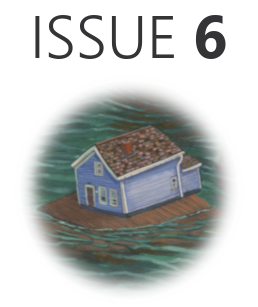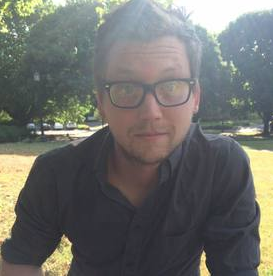|
MENTORSHIP RECIPIENT
Mentorship Recipient
"Conversations at the End of the World" Recipient Reflection:
Jena Vallina |
On "Conversations at the End of the World" by Jena Vallinaby Matt Weinkam
How do you write about the end of the world? Not the fiery apocalypse of the movies but the real-life ecological disaster playing out every day in slow motion, larger than any of us can comprehend. How do you engage with that meaningfully in fiction?
|




